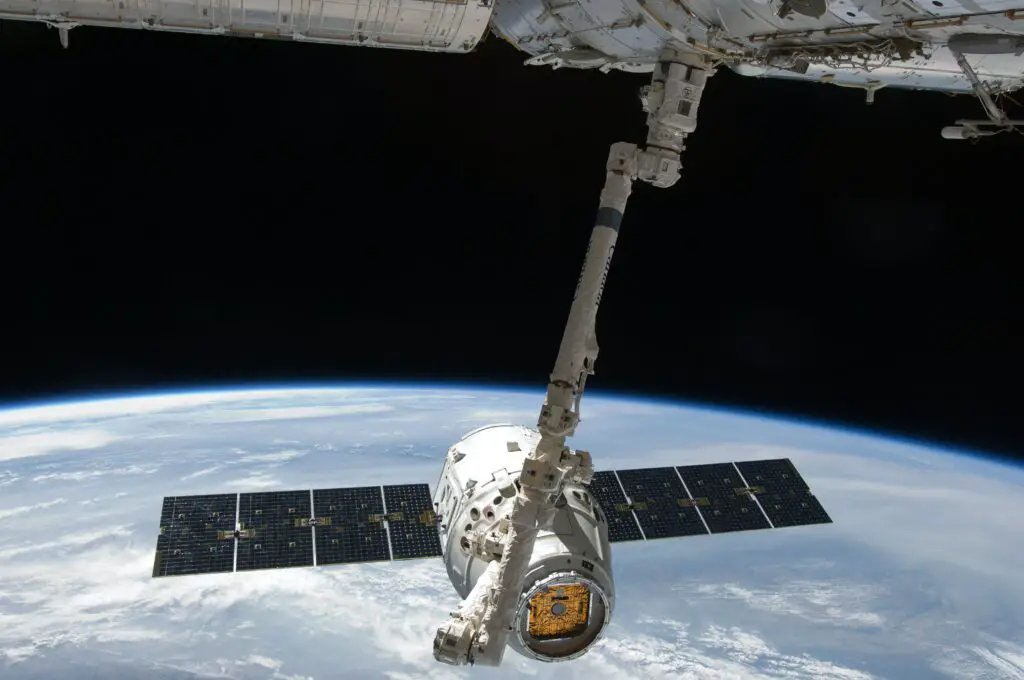ISS stands for International Space Station. It is a habitable artificial satellite in low Earth orbit that serves as a microgravity and space environment research laboratory. The ISS is a joint project between five space agencies: NASA (United States), Roscosmos (Russia), JAXA (Japan), ESA (Europe), and CSA (Canada). Let us see do colleges look at ISS in this article.

Do Colleges look at ISS?
As a high school student preparing to apply to college, you may be wondering what types of experiences and achievements colleges are looking for in their applicants. One question you may have is whether colleges look at articles about the International Space Station (ISS) as part of their admissions process. The answer to this question is not straightforward, as it depends on a variety of factors.
What are the various factors?
1.) It is important to note that colleges typically review a variety of materials as part of their admissions process, including transcripts, test scores, essays, letters of recommendation, and extracurricular activities. While an article about the ISS may not be a requirement for admission, it could certainly be a valuable addition to your application if it showcases your skills, interests, and potential as a student.
2.) If you have conducted research on the ISS, for example, or have written an article that demonstrates your scientific knowledge, writing skills, or interest in space exploration, this could be a strong addition to your application. Admissions officers are often looking for evidence of academic achievement, intellectual curiosity, and a passion for learning, and an article about the ISS could demonstrate all of these qualities.
3.) Furthermore, if you are applying to a college that has a strong focus on science, technology, engineering, or math (STEM) fields, an article about the ISS could be particularly valuable. Colleges and universities with strong STEM programs are often looking for students who have a demonstrated interest and aptitude in these fields, and an article about the ISS could help you stand out as a strong candidate.
4.) Of course, it is important to keep in mind that the quality of your article is what matters most, rather than the topic itself. If you have written a poorly researched or poorly written article about the ISS, it is unlikely to help your application. However, if you have written a well-researched and well-written article that showcases your strengths as a student, it could be a valuable addition to your application.
5.) Another factor to consider is the context in which the article is being presented. If you have written an article about the ISS as part of a school project or extracurricular activity, for example, it could be valuable to include in your application as evidence of your initiative, creativity, and leadership skills. However, if you have simply written an article about the ISS on your own time, without any particular context or purpose, it may not be as valuable to include in your application.
Additionally, it is worth noting that not all colleges and universities will have the same level of interest in articles about the ISS. While some colleges may have a strong focus on space exploration or STEM fields, others may place more emphasis on other areas of study, such as the humanities, social sciences, or arts. It is important to research the colleges you are interested in and understand their specific areas of focus and priorities when reviewing applications.
Ultimately, whether an article about the ISS will be valuable to your college application depends on a variety of factors, including the quality of the article, the context in which it was written, and the priorities of the colleges you are applying to. However, if you have a strong interest in space exploration or STEM fields, and have written a high-quality article about the ISS that showcases your strengths as a student, it could certainly be a valuable addition to your application.
Does ISS really matters?
Yes, the International Space Station (ISS) does matter. The ISS is a remarkable engineering and scientific achievement that has enabled groundbreaking research and discoveries in a wide range of fields, from medicine and biology to physics and astronomy. Here are a few reasons why the ISS is important:
1. Scientific research: The ISS is an orbiting laboratory that allows scientists to conduct experiments in a microgravity environment. This environment is essential for studying the effects of weightlessness on the human body, as well as for conducting research in fields such as materials science, physics, and biology. The ISS has been used to study everything from plant growth and cell biology to combustion and fluid dynamics.
2. Technological innovation: The ISS is also a platform for testing new technologies and equipment that will be used for future space missions, such as missions to the Moon and Mars. The development of new technologies for use on the ISS has led to advances in areas such as robotics, energy storage, and life support systems.
Conclusion:-
In conclusion, while the International Space Station (ISS) is an incredible accomplishment of human engineering and scientific research, it is unlikely to be a significant factor in the college admissions process. The majority of colleges and universities focus on a student’s academic performance, extracurricular activities, and personal qualities when making admissions decisions. While participation in research projects related to the ISS may be a noteworthy extracurricular activity, it is only one of many factors that colleges consider. That being said, participating in ISS-related research may demonstrate a student’s passion for science and technology, and may help them stand out in a competitive applicant pool. Overall, while the ISS is an important achievement, students should focus on developing a well-rounded application that highlights their academic achievements, personal qualities, and extracurricular activities that are meaningful to them, regardless of their connection to the ISS.
